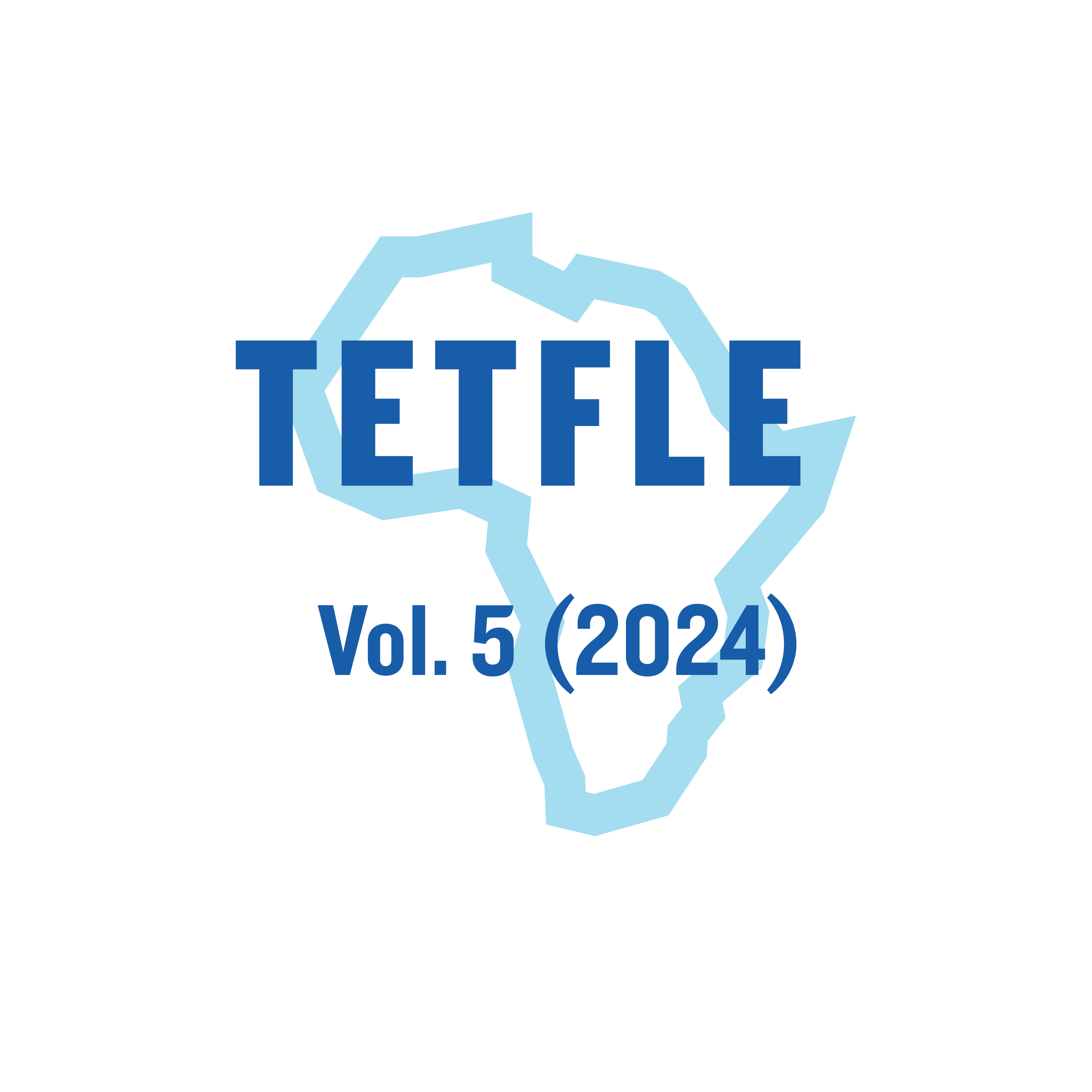Supervisors’ Challenges with Online Supervision Using Microsoft Teams in Supervising Open Distance and E-Learning (ODeL) Pre-Service Teachers
DOI:
https://doi.org/10.35293/tetfle.v5i1.4530Keywords:
Online Supervision, pre-service teachers, supervisors’ challenges, teaching practice, Microsoft Teams, ODeLAbstract
Online supervision has been introduced to the field of education. However, prior to the COVID-19 pandemic, university pre-service programmes did not provide pre-service teachers and supervisors with online teaching practice experience. Microsoft Teams (MS Teams) has proven to be an indispensable tool in facilitating online supervision. The Domestication Theory was used as a lens to explore the challenges supervisors faced with online supervision, using MS Teams in an Open Distance and e-Learning (ODeL) institution in South Africa. This study adopted an exploratory case study design, using semi-structured interviews. Eight supervisors were purposefully selected to participate in the study. Thematic analysis was employed to analyse the data. The findings of this study showed that poor communication between supervisors and pre-service teachers, the lack of digital literacy among pre-service teachers, the difficulty of network coverage, and providing feedback were some of the challenges that supervisors experienced during online supervision. This study recommends that training be conducted for supervisors and pre-service teachers in using MS Teams and its various functions before supervision. Further research should explore pre-service teachers’ engagement with online supervision tools to inform the future practice of teacher education programmes.
Downloads
Published
Issue
Section
License
Copyright (c) 2024 Katharine Naidu, Matshidiso Taole, Nduduzo Gcabashe, Thabisile Maphumulo

This work is licensed under a Creative Commons Attribution-NonCommercial-ShareAlike 4.0 International License.

Authors who publish with this journal agree to the following terms:
Authors retain full copyright and grant the journal right of first publication with the work simultaneously licensed under the Creative Commons Attribution Share-alike 4.0 International License This license lets others remix, adapt, and build upon authors' work non-commercially, as long as they credit the author and license their new creations under the identical terms that allows others to share the work with an acknowledgement of the work's authorship and initial publication in this journal.


